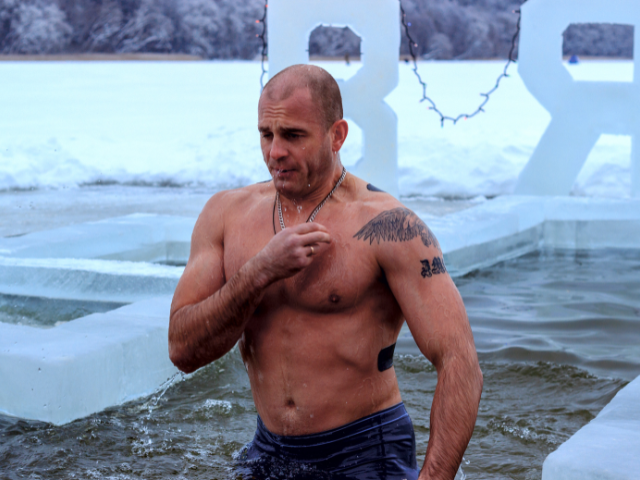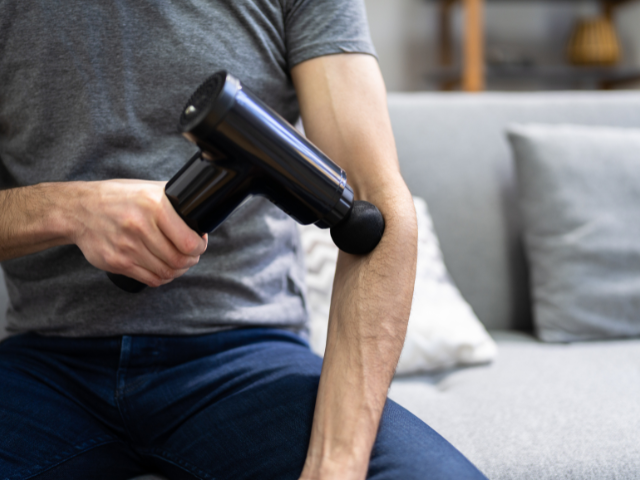Post-match recovery for Rugby players is one of the most important aspects of staying at the top of your game.
Proper Recovery helps you bounce back faster and perform better on the field.
Why Post-Match Recovery Matters in Rugby
Recovery isn’t just about feeling less sore after a match. It’s about preparing for your next game and ensuring you aren’t injured.
Think of it as your secret weapon to keep playing rugby for a long time. The better your Recovery, the better you can perform.
Immediate Post-Match Recovery: The Golden Hour
As soon as the game ends, the clock starts ticking for Recovery.
The first hour after the match is critical to helping your body start healing.
Cool down and Stretch. Don’t don’t. Run straight to the locker room. A light jog and some stretches can help your body recover faster. They help eliminate lactic acid and keep your muscles from getting tight.
Hydration and Nutrition Strategies After a tough match, your body needs fuel. Drink plenty of water and eat a meal rich in carbs and protein within 30 minutes. Rugby legends like Dan Carter often drink chocolate milk after games because it combines carbs and protein.
Physical Recovery Techniques: The Cold Hard Truth

Ice Baths and Contrast Therapy
Ice baths might be uncomfortable, but they help reduce muscle soreness.
Spend 10-15 minutes in an ice bath, and your muscles will thank you later.
You can also try contrast therapy, alternating between hot and cold water.
This helps boost blood flow and speeds up Recovery.
Compression Garments
Compression gear helps improve blood flow and reduces soreness. Rugby players wear compression garments several hours after a game to help recover muscle.
Massage and Foam Rolling
A massage after a match can work wonders, but if that’s not possible, grab a foam roller. Rolling out tight spots can be uncomfortable, but it helps loosen up muscles and speed recovery.
Rest and Sleep
Quality Sleep is a Must
Your body does most of its repair while you sleep, so getting 7-9 hours of quality sleep is vital.
To help you sleep better, try to create a good sleep environment: make your room dark, cool, and quiet.
Active Recovery: Keep Moving But Gently
- Light Exercises and Mobility Work: Even on your off days, keep moving. Gentle exercises like yoga or mobility work keep your joints healthy without putting too much strain on your body.
- Low-Intensity Cardio: A light jog or a swim can help reduce muscle soreness. Keep it accessible, around 20-30 minutes, just enough to get the blood flowing without tiring yourself out.
Nutrition for Recovery: Fuel Your Comeback
Post-Match Meal Planning
After a match, your body needs to replenish its energy stores. Eating complex carbs helps restore energy, and protein helps your muscles repair and grow.
Supplements for Recovery
Some players use supplements like whey protein or creatine to aid Recovery. Always talk to a sports nutritionist or doctor before adding supplements to your diet to ensure they’re safe and effective.
Mental Recovery: Don’t Don’t Forget Your Mind

Stress Management Techniques
Rugby isn’t just tough on your body but also on your mind.
Finding ways to manage stress, like meditation or deep breathing exercises, can help you feel calmer and recover faster.
Mindfulness and Relaxation Practices
Some top rugby teams, like the All Blacks, use mindfulness to recover. Apps like Headspace or Calm offer guided meditation that can help you relax and focus.
Long-Term Recovery Strategies
Periodization in Training
Long-term recovery means planning.
Rugby isn’t just about bouncing back from your last game; it’s also about preparing for the future.
Work with your coach to create a training plan that includes intense periods followed by recovery phases to avoid burnout.
Regular Health Check-ups and Injury Prevention
Keep up with regular check-ups to spot potential injuries before they become serious.
A quick visit to your team physio or doctor can help you stay in the game longer.
Recovery at Major Tournaments
Tournament-Specific Strategies
When you’re you’re playing multiple matches in a short time, Recovery becomes even more critical.
Big tournaments like the Rugby World Cup often have advanced recovery facilities. Use them whenever you can to stay at your peak.
Travel and Time Zone Adjustments
When playing away from home, especially in different time zones, Recovery can be tricky.
Adjust your sleep schedule before traveling, and drink plenty of water on long flights to stay hydrated.
Technology in Recovery: The New Frontier

Wearable Tech and Analytics
Many players now use wearable devices that track everything from sleep quality to workload.
These gadgets provide valuable information to help them fine-tune their Recovery.
Recovery Apps and Tools
Tons of apps can guide you through stretches, track your meals, or monitor your sleep.
These tools can help you stay on top of your Recovery, especially after tough matches.
Individualizing Your Recovery Plan
Everyone’s body is different, so what works for one player might not work for you. Pay attention to how your body reacts to other recovery methods, and adjust your routine as needed.
Different rugby positions come with different demands. Forwards, for example, might need to focus more on neck and shoulder recovery, while wingers may need more attention on speed and flexibility.
Conclusion
Recovery is not just about easing soreness; it’s your ticket to better performance, fewer injuries, and a longer career in rugby. Here’s what you need to remember:
- Start your Recovery as soon as the match ends
- Use a mix of recovery techniques to find what works best for you
- Listen to your body and give it the rest and care it needs
Recovery is essential for staying on top of your game. Make it a priority, and you’ll see the benefits on and off the field.
Don’t miss out! Check out our latest published articles for more in-depth rugby insights and tips.